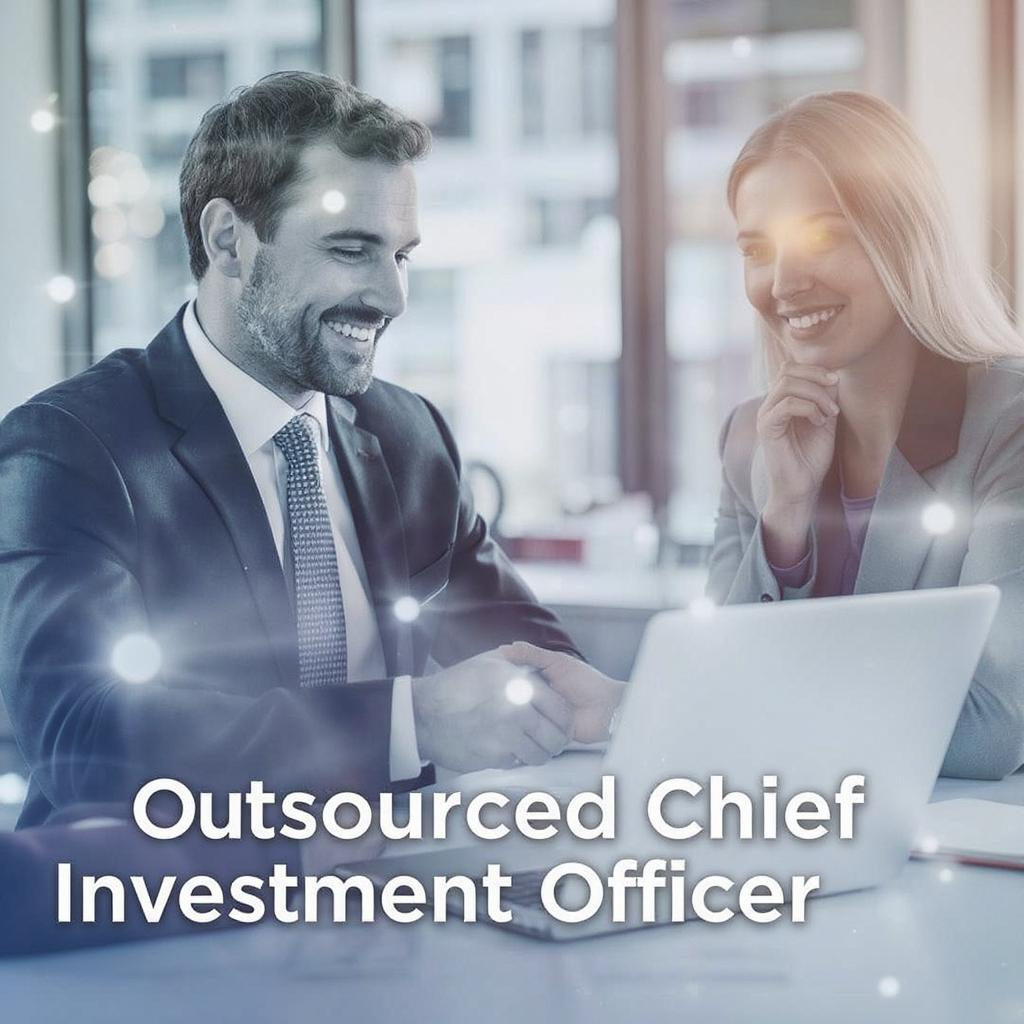Selling a real estate asset – be it a strategic rental property or a bustling commercial building – is more than just a transaction. It’s often a transformative financial milestone, representing years of dedicated equity building, meticulous planning, and unwavering hard work. The substantial proceeds from such a sale are a testament to your efforts.
But here’s the critical question: What comes next? The decisions you make with this newfound capital are just as vital as the sale itself. Navigating the intricate landscape of taxes, identifying lucrative investment opportunities, and securing your long-term financial stability demands a level of expertise many of us don’t possess. This is precisely where the seasoned guidance of an experienced investment advisor becomes not just valuable, but essential.









